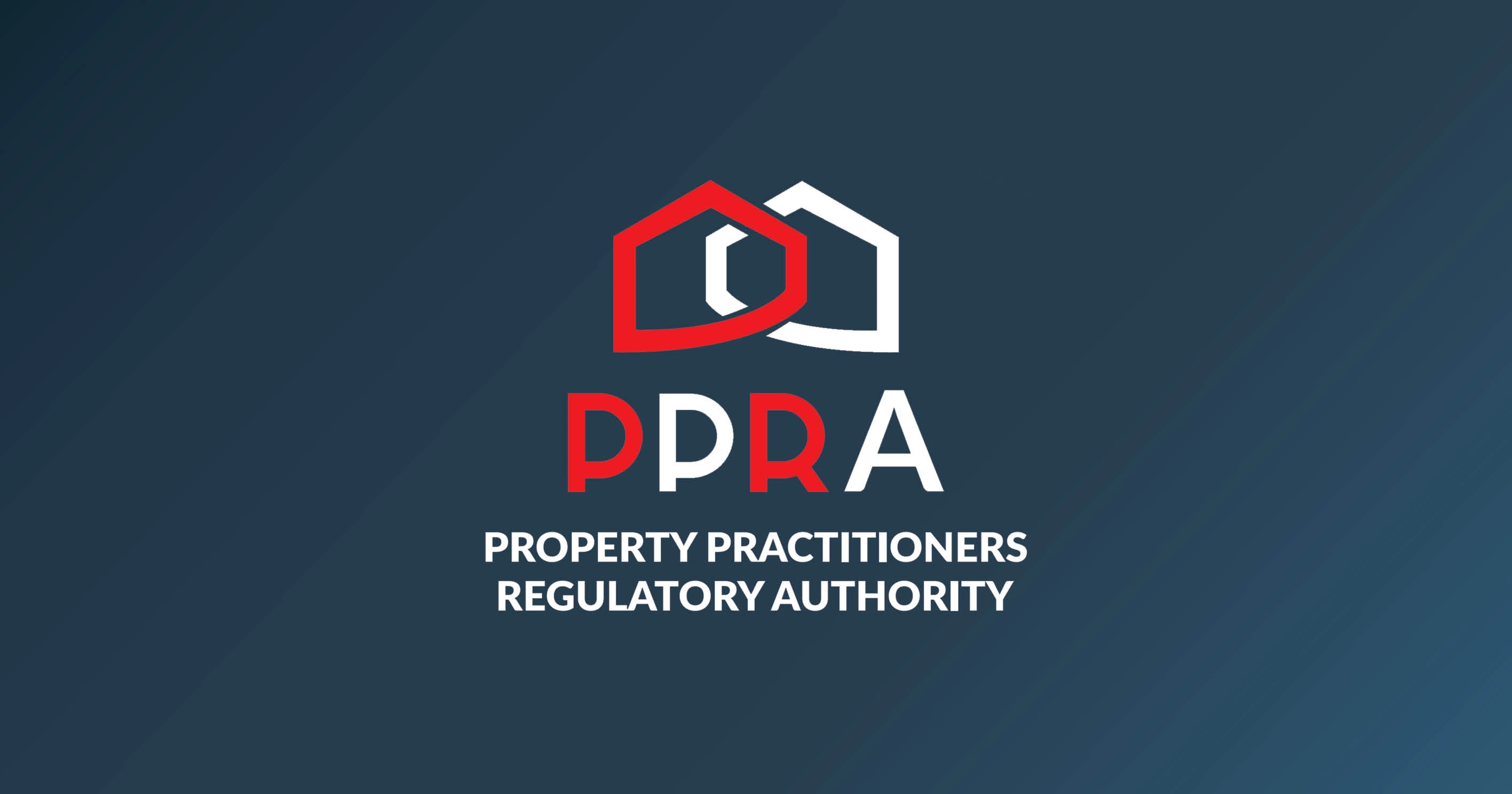
The South African Reserve Bank (SARB) held interest rates steady last month, raising questions about where they could go next.
The Monetary Policy Committee (MPC) held the repo rate at 8.25% – the highest it has been since 2009. That in turn places the prime rate at 11.25%.
In its official statement, the MPC said that inflation has now fallen into the 3-6% target range, but there is still a significant risk of it going up again. Their stated goal now is to bring it closer to the midpoint of the range sustainably.
The interest rate path ahead
That raises questions about what SARB will do next. Last month, three of its members voted to hold the repo rate steady, while two voted to increase it to 8.5%.
Absa Corporate and Investment Banking’s Senior Economist Peter Worthington previously predicted that interest rates could start to fall from September, although only by up to 50 basis points by the end of the year – which would still be higher than at any time since 2009. His prediction that inflation would be falling by the present time has come true, but future interest rate decisions are up to the MPC and on that, the jury is still out.
More recently, some economists have predicted that SARB could follow the US Federal Reserve and hike rates by another 25 basis points, but the forecast from Nedbank is that the repo rate will stay flat until 2024.
The MPC’s next interest rate decision will come on 21 September.
What does this mean for property practitioners?
While interest rates remained flat, their current high levels still make it difficult for tenants to afford a bond to buy a property – meaning that many will continue to rent instead. But the rising cost of servicing debt also squeezes tenants’ incomes, putting their rent payments at risk. Data from the upcoming PayProp Rental Index shows that the percentage of tenants in arrears rose over the last quarter. The impact on consumers’ pockets further tends to lag behind interest rate movements as well, indicating that the worst may yet be to come for arrears and affordability.
As such, it will be critical for agents to choose applicants who will pay their rent reliably. Objective, data-driven tools like PayProp’s Tenant Assessment Report, which uses real rental transaction data to create tenant payment histories, will be key in protecting clients’ investments.



